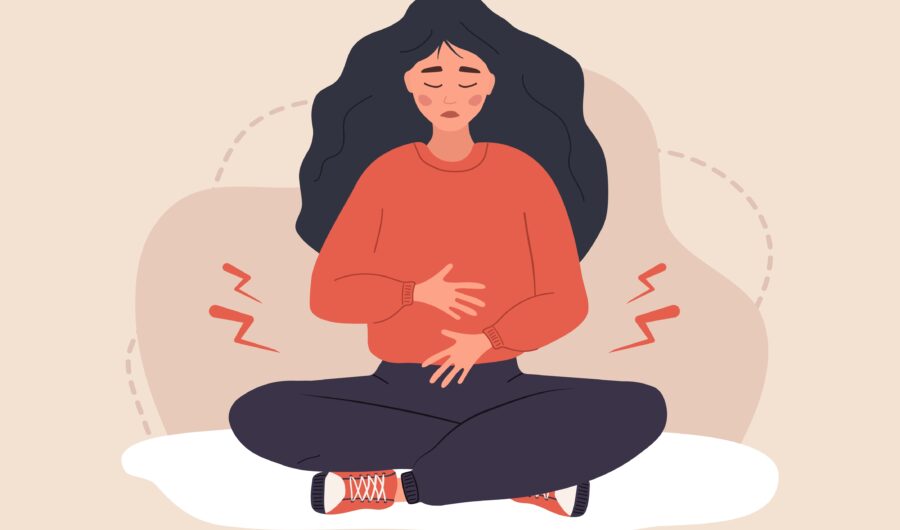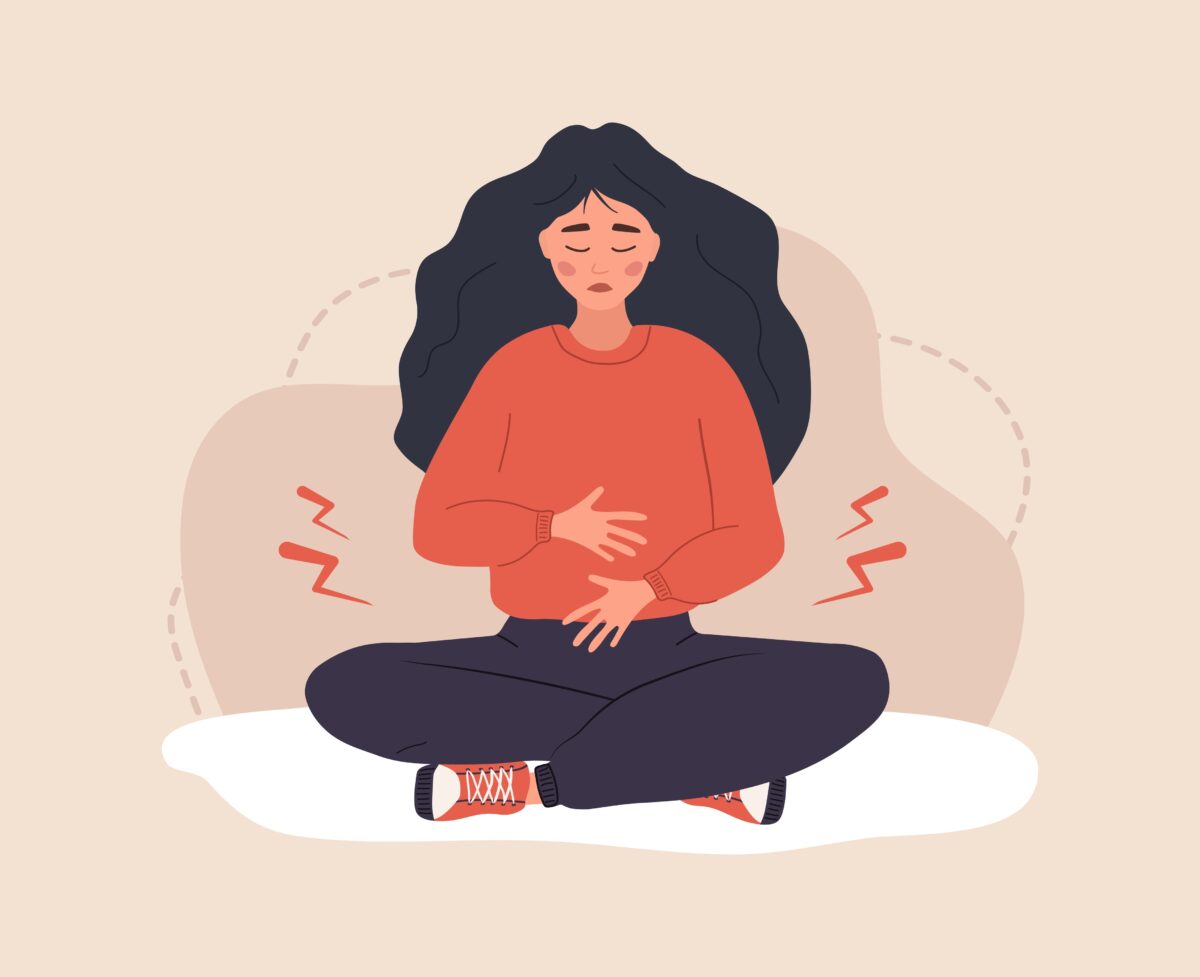Two-thirds of women experience Premenstrual Syndrome (PMS) every month, yet simply optimising our nutrition can alleviate symptoms and balance our hormones.
On average, women experience 450 periods throughout their lifetime and 75 per cent are affected by varying degrees of PMS symptoms every month. Here, Integrative Nutrition Health Coach Mellissa Laycy, looks at common symptoms, what nutritional deficiencies could be making them worse and offers holistic tips and tools to help make fluctuating hormones more of a lullaby than a heavy metal concert.
What is PMS?
PMS is a condition that affects a woman’s emotions, physical health, and behaviour during certain days of the menstrual cycle, which many doctors put down to a decline in hormone levels and a change in brain chemicals.
Symptoms differ from woman to woman and some of us suffer more than others, but here are 12 common symptoms to be aware of:
- Bloating
- Headaches
- Skin breakouts
- Tender breasts
- Discomfort in the lower back
- Food cravings
- The need for physical space
- Exhaustion
- Depression or anxiety
- An accelerated heartbeat
- Mood swings, including crying or feeling irritable and tense
- Hot flashes
Research shows that ensuring optimum levels of certain vitamins and minerals may alleviate PMS symptoms and help to balance out our hormones. Let’s take a look at some of the top nutritional suggestions.
Magnesium
If you’ve ever had a craving for chocolate at a certain time of your cycle, you might be surprised to know that this is your body’s cry for magnesium and knowing this might be helpful for those who struggle with weight gain due to hormonal cravings.
For cramps, applying a magnesium supplement daily to your abdomen and lower back can naturally relax the muscles of the uterus and help to reduce period pain.
Plus, supplementing magnesium also helps you to get a deeper and more restful night’s sleep, which means you will be feeling more energised during the day.
A warm soak in a magnesium-rich bath is the perfect way to re-mineralise, or try a relaxing body massage with a Magnesium Sleep Body Lotion before bed.
Vitamin D
Low levels of vitamin D can lead to lower oestrogen levels, which in turn may cause us to experience symptoms such as mood swings, hot flashes, and feelings of depression.
Vitamin D is a powerful nutrient that helps to regulate the body’s adrenaline and dopamine production, which is the feel-good hormone. It is suggested that people with low dopamine levels may be more susceptible to feelings of depression, so it is essential to maintain healthy vitamin D levels, especially in the darker months when our exposure to sunlight is lessened.
Research has shown that a vitamin oral spray supplement is just as effective at elevating our vitamin D levels as traditional capsules, so if you suffer from a malabsorption disorder or simply dislike taking tablets, this could be the pill-free supplementation solution for you.
Iron
The most common cause of iron deficiency anaemia in premenopausal women is heavy bleeding during menstruation and you should test your levels if you think this might be an issue for you. You can do this by visiting your GP or healthcare professional, or by using a simple at-home finger-prick test.
Symptoms of deficiency to look out for include fatigue, pale skin, and shortness of breath.
To maintain healthy levels of this essential nutrient, try to eat lots of iron-rich foods such as red meat, beans, nuts, and some dark leafy vegetables. It is also advisable to take an iron supplement to elevate levels if your intake is low.
B-Vitamins
Taking a well-balanced B-complex supplement can help to regulate PMS symptoms by reducing anxiety, mood swings and irritability.
It is also said that the egg quality of women with optimised B-vitamin intakes is more easily fertilised, as B vitamins help in the production of hormones that make the uterine lining stronger and positively impact levels of progesterone. Improving levels may therefore increase the chance of conception if looking to conceive.
For a fast and effective way to supplement all eight B vitamins, try an oral spray that delivers nutrients directly into the bloodstream.
On the whole, society has learned to accept period pain and the symptoms associated with PMS as normal, but with a few nutritional and lifestyle tweaks, women shouldn’t have to suffer quite so much.
For those in a relationship, it is important to communicate with your partner about what takes place for you each month. I always recommend downloading a tracking app such as Clue or Flow which can act as a reminder for both of you to know what to expect over certain days of the month. Learning to predict your own emotions and behaviours, cravings, energy levels and sleep habits around this time can quell a lot of confusion and anxiety.
I always suggest to my clients that keeping a diary over three cycles can help them to start learning more about their cycle. The more familiar you are with the way your body works at this time, the more you can see a pattern and feel less anxious, believe thoughts less and feel more secure with the process as your body fluctuates through hormonal changes which affect our mood.
A final note. Remember this is a time of letting go, resting, reflecting, and going inward. Expect less from yourself not more over this time and be kind to yourself.
READ MORE: 5 Hormones Every Woman Should Know About According To Fitness Expert















